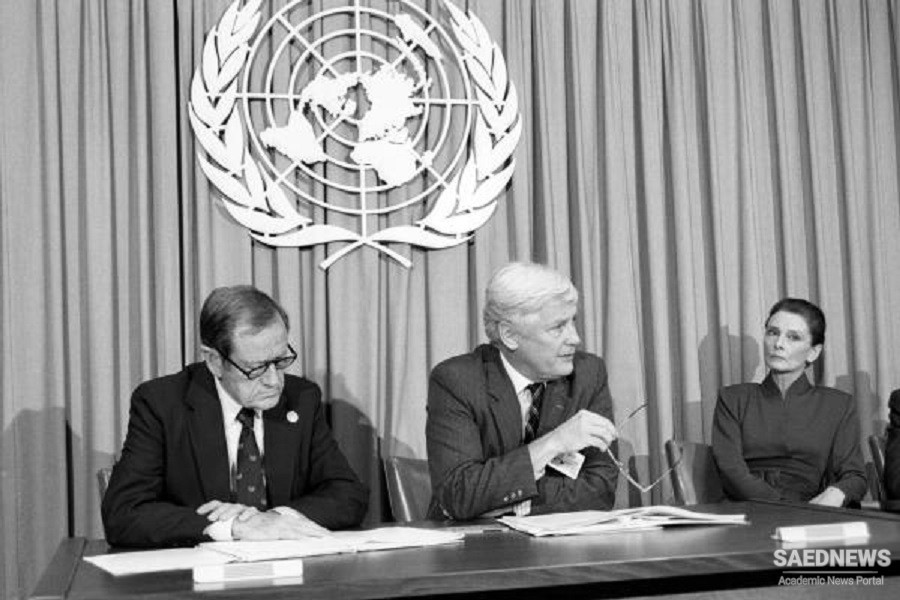Only during 1943 did more explicit discussion begin to be devoted to the idea of formation of an International Organization. Random ideas had been formulated within foreign-offices before this. In the United States as early as April 1940, long before US involvement in the war, State Department officials sketched out the form of possible new international machinery. These ideas in some ways foreshadowed what finally came into existence: the general rule of unanimity would be abandoned; the great powers would be accorded a special position in a new executive committee; and this body would have armed forces at its disposal to maintain the peace.! In a public speech in July 1942, Cordell Hull, the US Secretary of State, listed among the essential requirements for the postwar world some international agency capable of using force when necessary. In Britain too there were many advocates of a new and more powerful international organisation, better equipped to defeat aggression by force if necessary, in which the leading role would be played by the great powers. In August 1942, Foreign Office officials, after some consultation with the State Department, produced a document, the Four Power Plan , running to 11,000 words, describing and analysing a system in which the primary responsibility for maintaining peace in the postwar world would be held by the United States, the Soviet Union, Britain and China. This was submitted in October to the War Cabinet, but received there a somewhat mixed reception. Churchill himself apparently was too preoccupied to read the document, even when it was presented to him in a shortened version. In both countries, thinking aloud at this comparatively junior level was of little significance unless it received endorsement from the men at the top. Both Roosevelt and Churchill were concerned to keep a personal eye on any proposals made for the postwar organisation of the world. Both had strong personal views of their own on the subject. But for long neither found the time to give any significant amount of thought to the matter, which they felt of little urgency in relation to the more pressing problem of winning the war.


 The League of Nations (Societe des Nations): Seed Idea of United Nations
The League of Nations (Societe des Nations): Seed Idea of United Nations














































